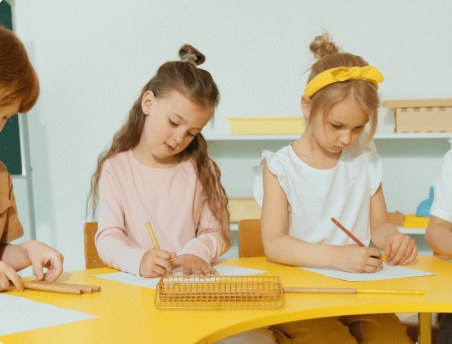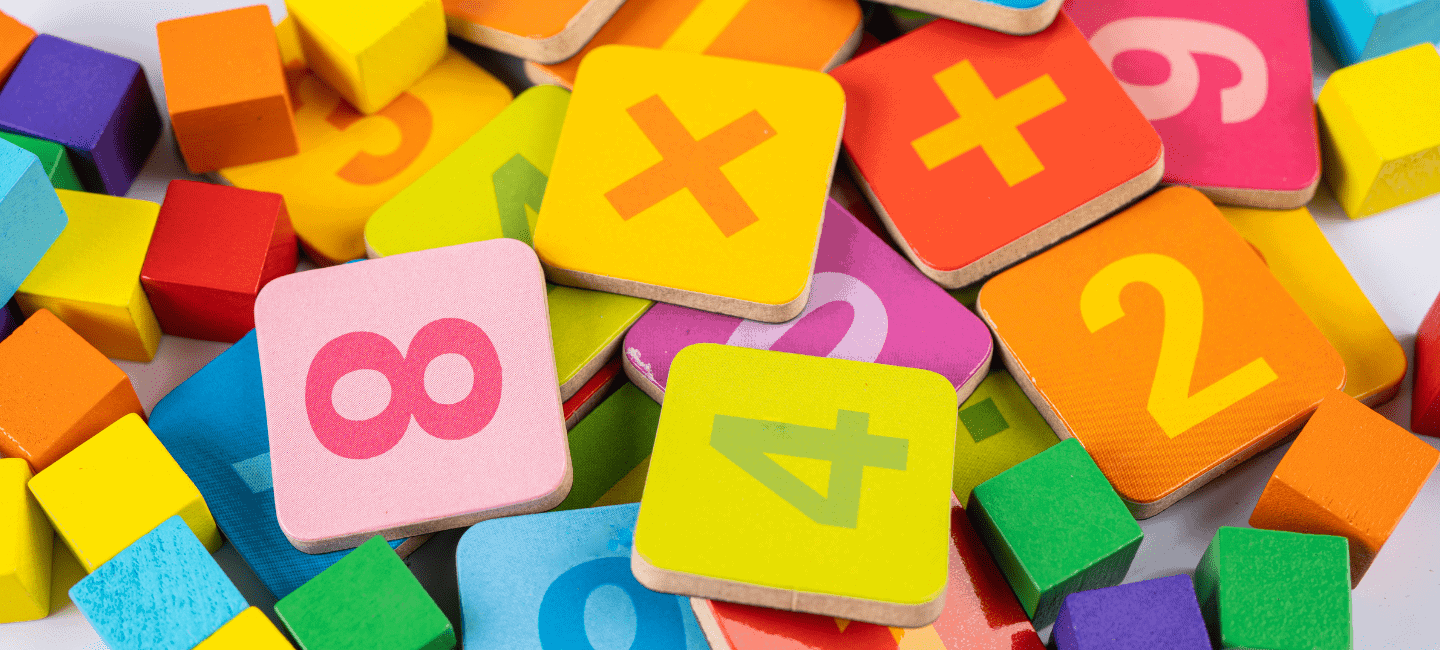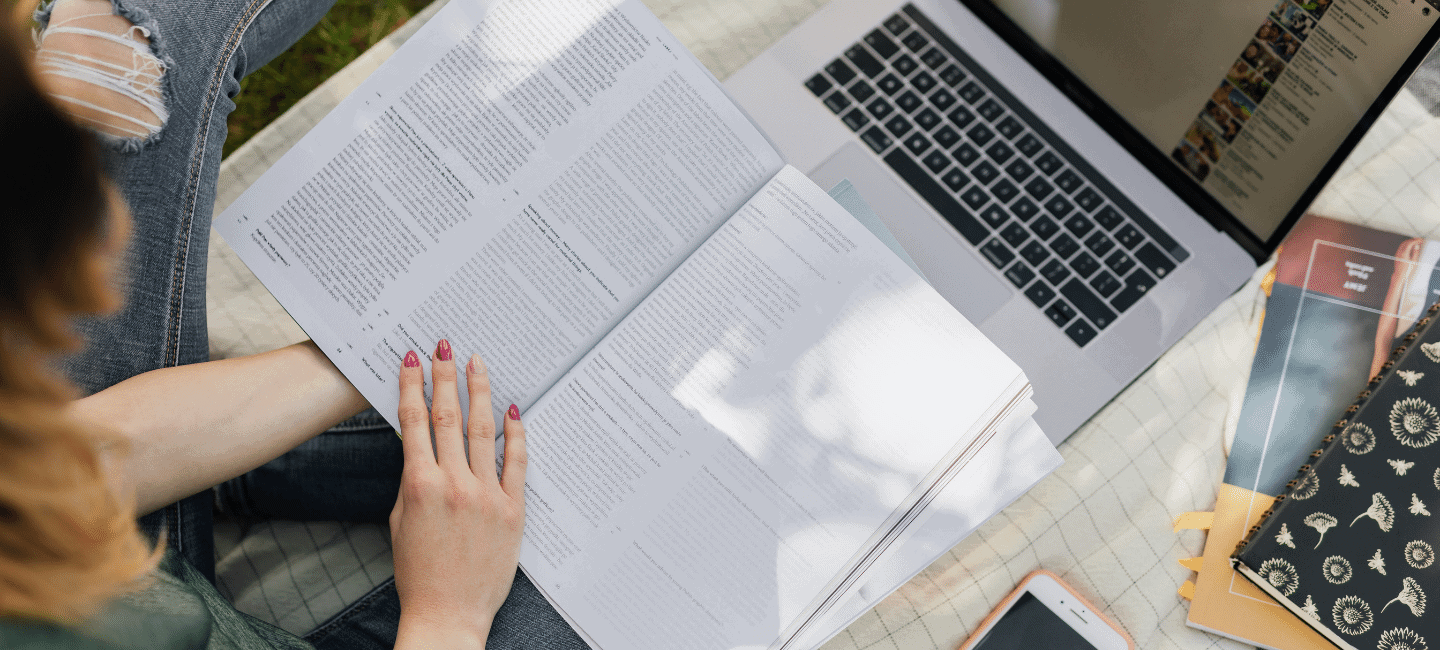
Working memory - a predictor of word learning
The purpose of the current study was to identify self-regulated learning profiles among middle school students and to investigate whether these profiles related to multiple indicators of academic success and regulatory engagement in mathematics.
06 Oct 2022


